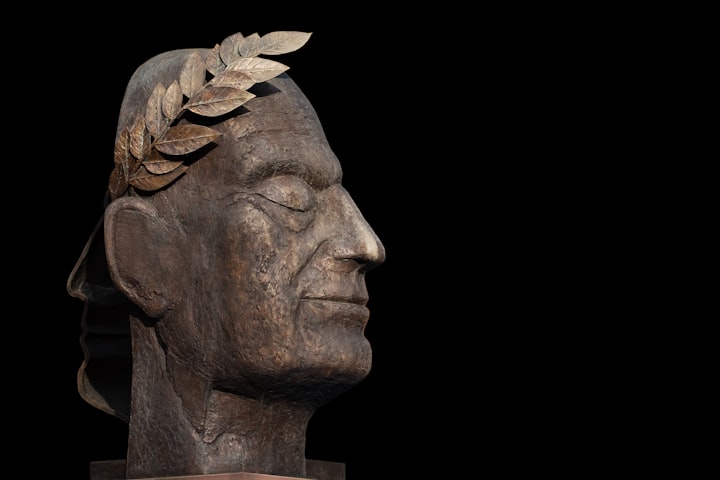The Rise and Fall of the Roman Empire
Understanding the Legacy of Ancient Rome

The Roman Empire was one of the most significant and complex societies of ancient history. Spanning over five centuries, it was a period of profound change and transformation that left an indelible mark on the world. Understanding the story of the Roman Empire means delving into its history, society, culture, and legacy.
The roots of the Roman Empire can be traced back to the Roman Republic, which was established in 509 BCE. The Republic was a period of political and social change, with the Roman state gradually becoming more centralized and powerful. The Roman army played a key role in this process, with conquests and territorial expansion fueling the growth of the state. As the Republic grew in power and influence, it encountered challenges both internal and external. Civil wars, political assassinations, and social unrest characterized the latter part of the Republic, and paved the way for the rise of the Roman Empire.
The Roman Empire officially began in 27 BCE, when Augustus became the first emperor of Rome. Augustus oversaw a period of relative peace and stability in the empire, known as the Pax Romana. This period lasted for over two centuries, and saw the empire grow to unprecedented size and power. The economy thrived on trade and commerce, with the Romans creating a vast network of roads and ports that facilitated communication and exchange. The Roman army remained a key component of the empire, but it was supplemented by an efficient bureaucracy, which helped to manage the vast territory under Roman control.
The Roman Empire was also a time of great cultural exchange. The Romans were known for their engineering feats, such as aqueducts and roads, which helped to connect and unify the empire. The Romans were also great patrons of the arts, sponsoring poets, playwrights, and artists. Many of the greatest works of ancient literature, such as Virgil's Aeneid and Ovid's Metamorphoses, were written during this time.
One of the most significant contributions of the Roman Empire was the legal system. The Romans were pioneers in developing a legal system that was based on principles of justice and fairness. The Roman legal system emphasized the importance of evidence and proof, and allowed individuals to defend themselves in court. The legal system also recognized the rights of citizens, which included the right to a fair trial and the right to appeal a decision. This system of justice has influenced legal systems around the world, and is still studied and emulated today.
The Roman Empire was not without its challenges, however. The empire was plagued by internal instability, with assassinations, civil wars, and power struggles. The empire was also threatened by external forces, such as the invading Germanic tribes and the Parthian Empire in the east. The Roman army, which was once the most powerful in the world, struggled to defend the borders of the empire, and the state was eventually weakened by centuries of conflict.
The decline of the Roman Empire is a subject of much debate among historians. Some attribute it to economic factors, such as inflation and a decline in trade. Others point to military factors, such as the overextension of the empire's armies and the inability to defend its borders. Some argue that the decline of the empire was due to cultural factors, such as the loss of Roman values and the rise of Christianity.
Despite its eventual decline, the Roman Empire had a profound impact on the world. Its legacy can be seen in many areas of modern life, such as law, language, and architecture. The Latin language, which was the language of the Roman Empire, has influenced many modern languages, including English, Spanish, and French. Roman architecture, with its emphasis on grandeur and symmetry, has influenced many architectural styles, from neoclassical to modernist.
About the Creator
Michael
This writer brings characters and worlds to life with vivid descriptions and compelling narratives. They transport readers to different times and places, leaving them longing for more.
Enjoyed the story? Support the Creator.
Subscribe for free to receive all their stories in your feed. You could also pledge your support or give them a one-off tip, letting them know you appreciate their work.






Comments
There are no comments for this story
Be the first to respond and start the conversation.